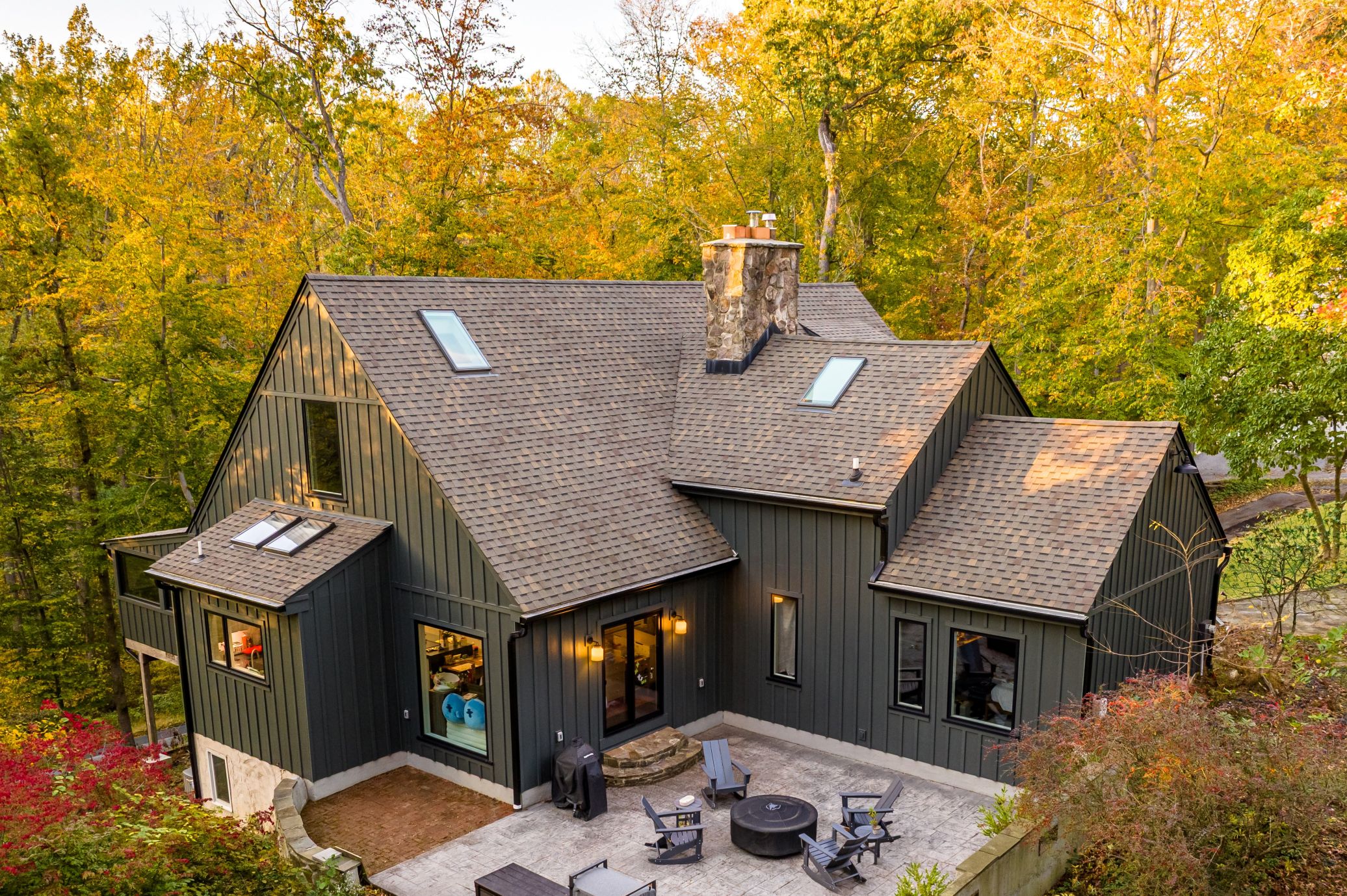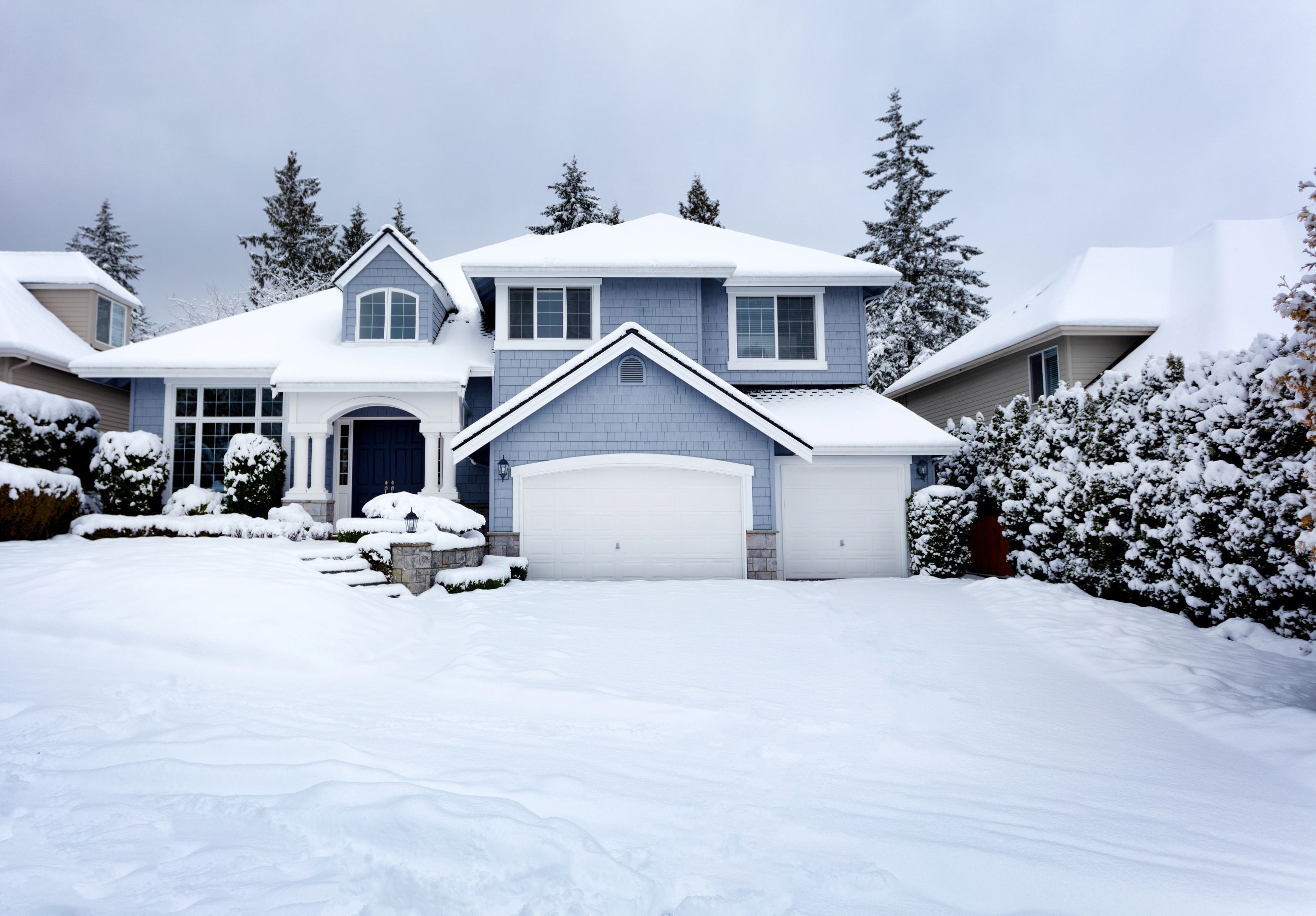Investing in siding services for your home is a decision that should involve careful consideration of costs. Whether you're looking to enhance curb appeal, improve insulation, or increase property value, understanding how much siding services will cost will help you prepare for this upgrade and ensure you're choosing a siding company that offers good value for money. Let's break down the various factors that influence siding costs so you can make an informed decision for your next home improvement project.
Types of Siding Materials
The type of siding material you choose will significantly impact the overall cost of the project. Common materials include vinyl, wood, fiber cement, and polymer, each of which comes with its own price range and benefits. According to Modernize, vinyl siding costs $4.50 to $8.20 per square foot installed on average, making it an affordable and popular choice among homeowners. Wood siding can be more expensive upfront, but the initial investment often pays for itself in the long run due to this material's aesthetic appeal and durability. Be sure to discuss each material in depth with your contractor to ensure you make the best choice for your needs.
Labor Costs
Labor is another crucial factor in the total cost of siding services. Skilled labor is required to ensure the siding is installed correctly and efficiently, which can add to the total expenses. The cost of labor can vary based on your location and the complexity of the project. As you look for a siding service to work with, keep in mind that the cheapest option is not necessarily the best. The goal is to choose a team offering quality services that are worth the money you invest upfront.
Home Size and Design
The size and design of your home will also affect the overall siding costs. Larger homes require more materials and labor, resulting in higher costs. Additionally, homes with unique architectural features, such as intricate trim or multiple stories, can incur additional costs due to the extra time and materials needed for installation. It's essential to consider these factors when calculating your project's budget to avoid unexpected expenses.
Additional Features and Upgrades
Additional features and upgrades, such as insulation, trim, and finishing touches, can also influence the cost of siding services. For example, insulated siding can provide better energy efficiency but will add to the overall expense. Similarly, premium trim and finishes can enhance your home's appearance but will increase the total cost. It's essential to decide which features are priorities to align with your budget and goals for the project.
Geographical Location
Your geographical location plays a role in the cost of siding services due to variations in labor rates, material availability, and even climate conditions. In regions with higher living costs, you can expect to pay more for both materials and labor. Conversely, areas with lower living costs might offer more affordable siding services. Additionally, if you live in a region with harsh weather conditions, you may need to invest a bit more for durable siding materials that can withstand the elements.
From material choices and labor costs to the size and design of your home, many elements contribute to the final price. By considering your options and planning accordingly, you can make an informed decision that fits your budget and enhances your home's value. Ultimately, taking the time to research and prepare will ensure your siding project meets your expectations and delivers long-lasting benefits. If you're looking for siding installation professionals who prioritize quality, efficiency, and excellent customer service, contact Smucker Exteriors today!












